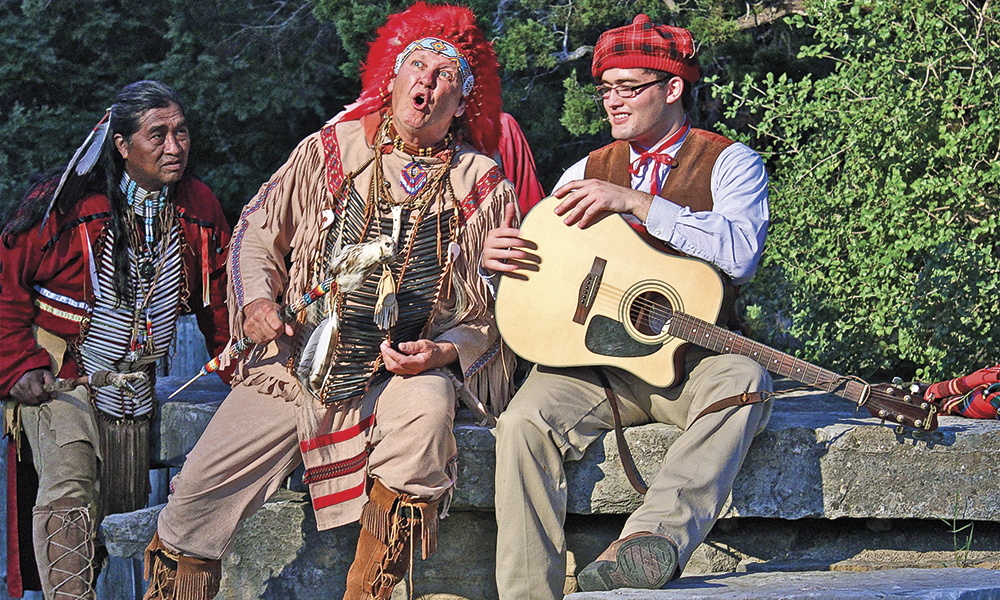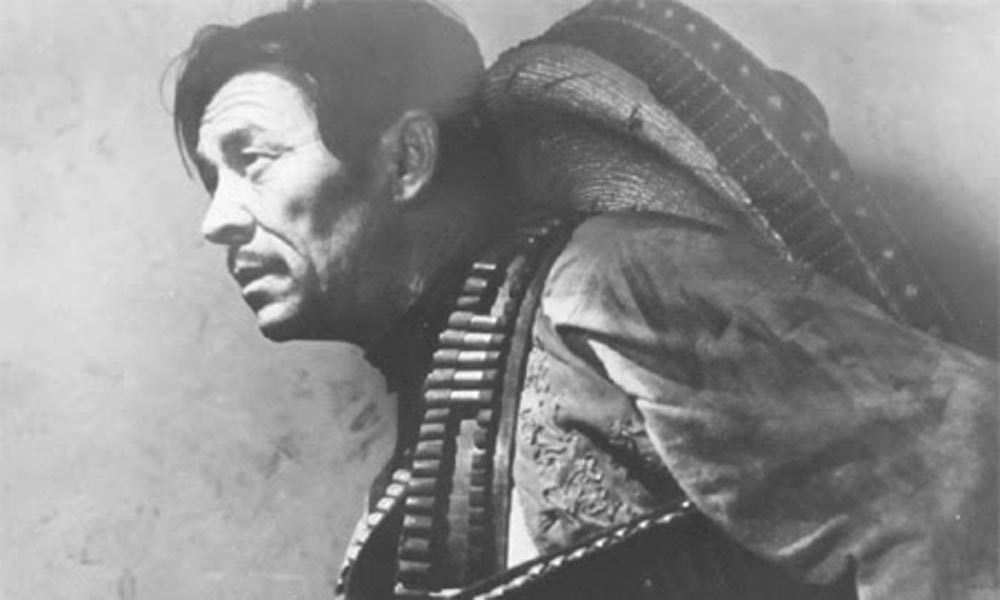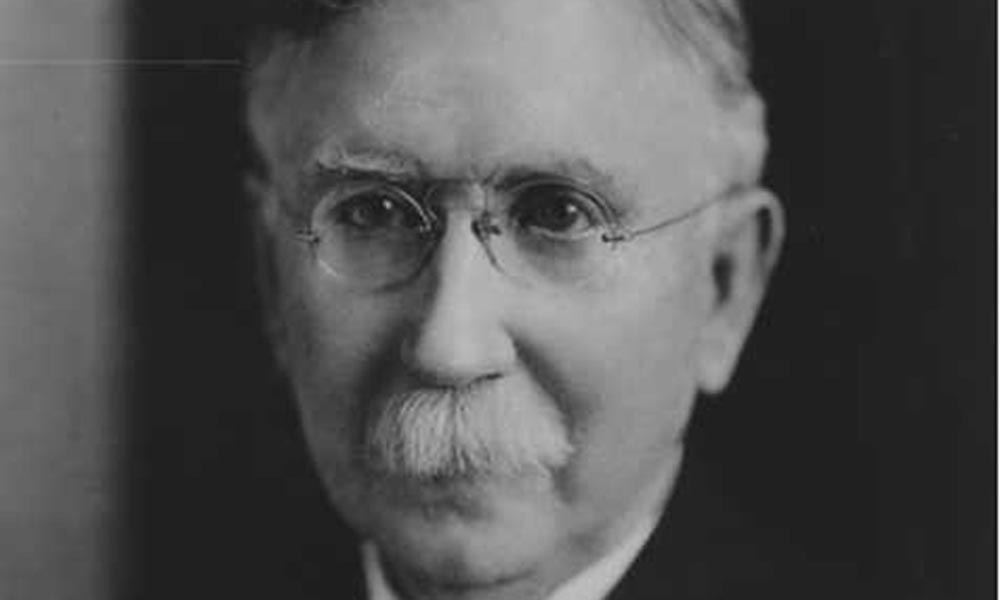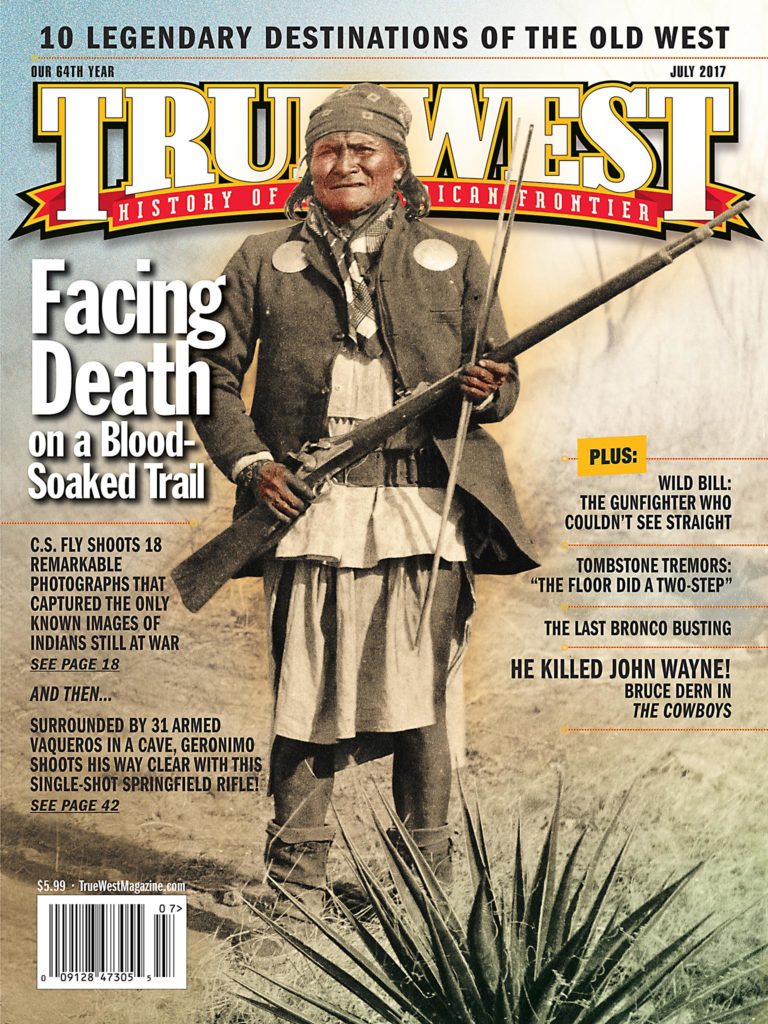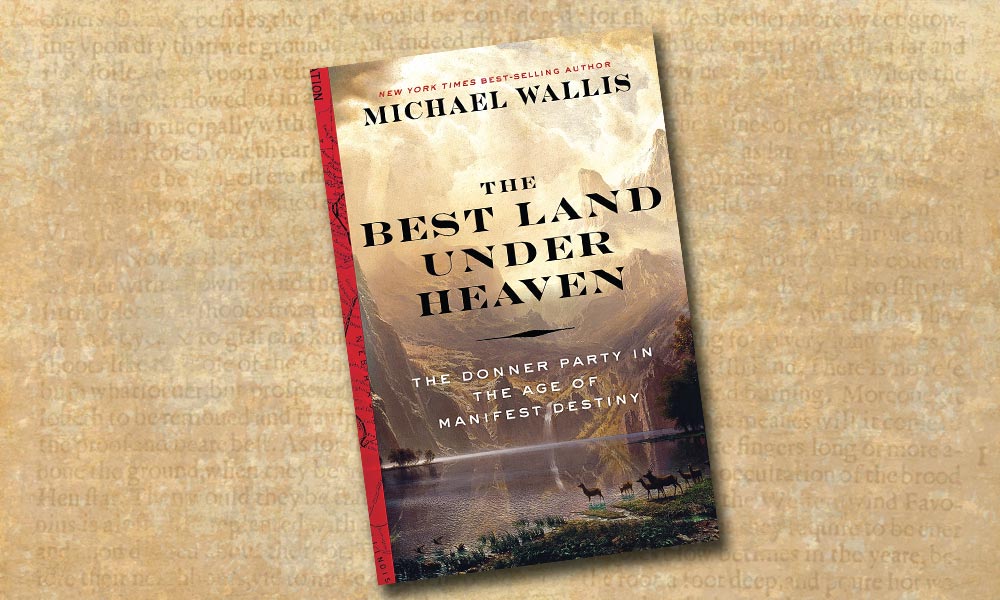
Roman slave and poet-playwright Terence famously wrote in his 163 B.C. play Heauton Timorumenos, “Homo sum, humani nihil a me alienum puto,” or “I am human, and I think that nothing of that which is human is alien to me.” Anyone who reads Michael Wallis’s The Best Land Under Heaven: The Donner Party in the Age of Manifest Destiny (Liveright, $27.95), might consider concurrently contemplating Terence’s poignant summation of the human condition across the millennia. Wallis opens his dramatic hist wory of the Donner tragedy, a timeless parable of Biblical proportions, with a recounting of the state of California’s dedication of the Pioneer Monument at Donner Lake on June 6, 1912. Three women, representing the eight remaining survivors of the tragic tale, were special guests at the unveiling of the bronze family atop the 22-foot pedestal, which represents the depth of the snow that accumulated that horrific winter of 1846-’47 in what later became known as Donner Pass. During California’s record-breaking snowfall of 2016-’17, nature provided a reminder of the terrifying, awe-inspiring deadly power of the Sierra Nevada winter that trapped the desperate emigrant wagon train in the most human of all conditions: cannibalize the dead or die. As author Wallis poignantly notes, the three survivors, “Martha (Patty) Reed Lewis and sisters Eliza Donner Houghton and Francis Donner Wilder…were here when there was no more game, no more oxen or horses to eat….they watched as others cut flesh from the dead and ate members of their families and friends.”
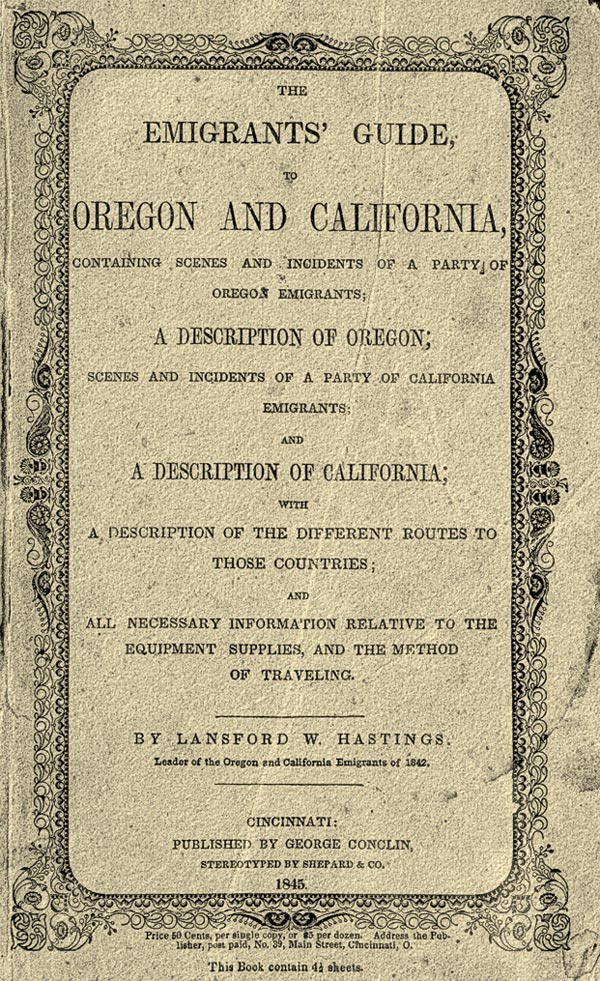
– Courtesy Yale Collection of Western Americana, Beinecke Rare Book and Manuscript Library, Yale University –
The strength of Wallis’s recounting of the Donner Party is his comprehensive research of the United States’ first sixty years and the restless, daring nature of the American people. An expert storyteller, Wallis provides detailed family histories of the Donner and Reed families in the United States and their participation in the growth of the nation from the Eastern Seaboard to their settlement of the Trans-Appalachian West. While most of us are familiar with the cannibalistic climax of the story in the Sierra Nevada, readers of Wallis’s book will find inspiration, empathy and pathos in the universality of the motivations, moxie and ambitions of fathers and mothers always striving to create a better life for their children—no matter the odds or sacrifices. Conversely, the award-winning author does not glorify the Donner-Reed failure, but appropriately concludes that their survival is layered in the timeless human condition of fateful irony. “What made the Donner Party so distinctive was that that group of people had originally set out to civilize what they saw as a barbaric land. The acts of survival cannibalism refigured their story with a cruel twist—the civilizers themselves became savages.”
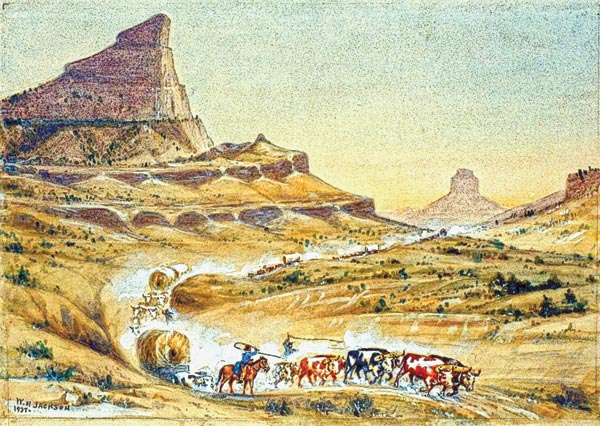
camped near Scott’s Bluff. The strength of the larger wagon train would soon collapse into rival parties who fatefully decided to ignore—or follow—the ill-conceived Hasting’s Cutoff.
– William Henry Jackson’s “Scott’s Bluff” Courtesy Scotts Bluff National Monument, NPS.gov –
Wallis’s The Best Land Under Heaven, the first major synthesis of the Donner-Reed family saga since Desperate Passage: The Donner Party’s Perilous Journey West (2008) by Ethan Rarick and The Indifferent Stars Above: The Harrowing Saga of a Donner Party Bride (2009) by Daniel James Brown, will be considered for many years the primary volume for students and scholars seeking a detailed and well-annotated history of the tragic tale of emigration on the Overland Trail to California. The Tulsa, Oklahoma, author generously provides the reader with detailed end notes, a comprehensive bibliography and a thorough accounting of his research process—all of which provides a roadmap to begin a further inquiry into the legendary tale. While I disagree with the author’s dramatic opinion that “this Gothic tale of cannibalism draws a real parallel between individuals consuming flesh and the desire of a country to consume the continent,” I whole heartedly concur that “were it not for a few wrong turns, bad directions, and fierce winter storms, the Donner Party would have been an unremarkable wagon train. But as it happened, it became a cautionary tale of Manifest Destiny and an unforgettable calamity.”
—Stuart Rosebrook

